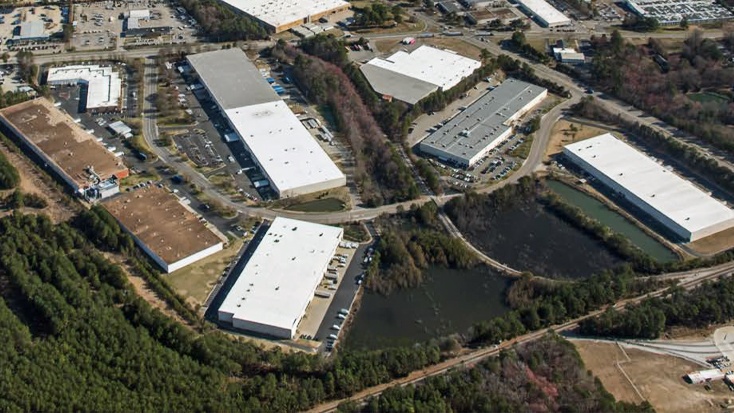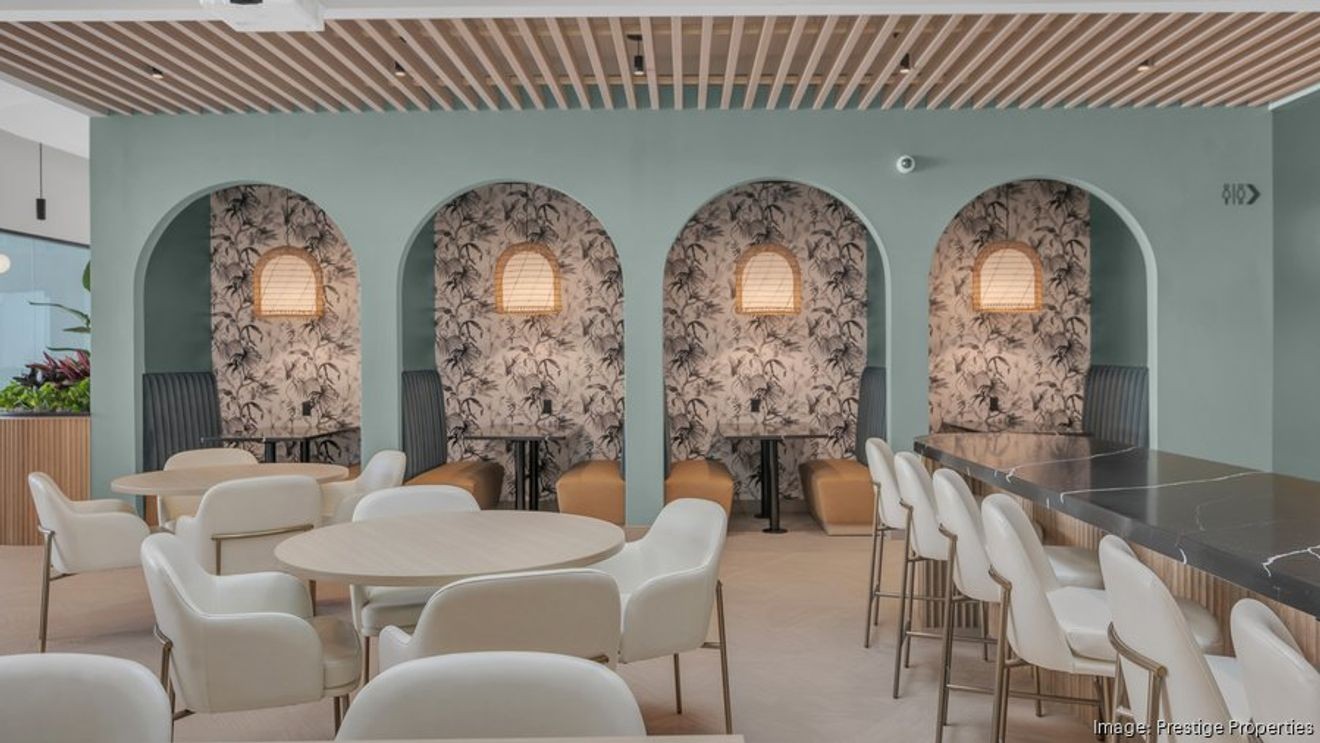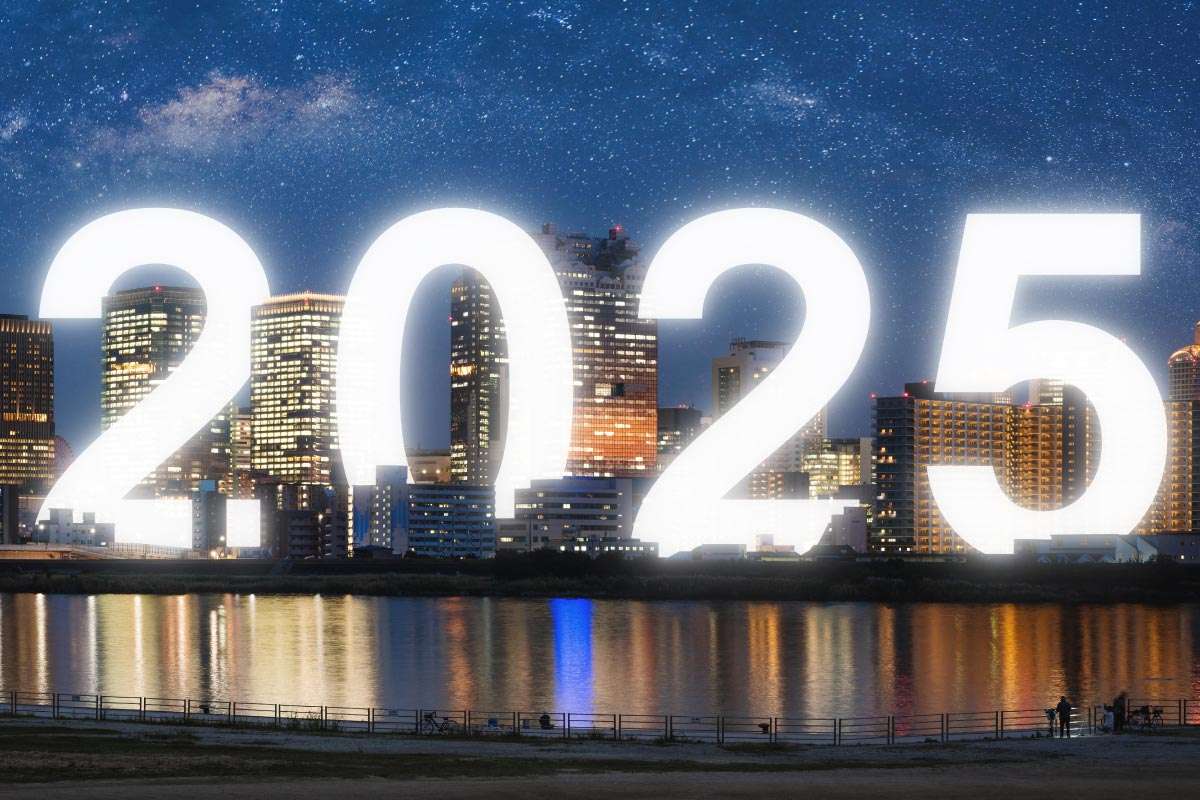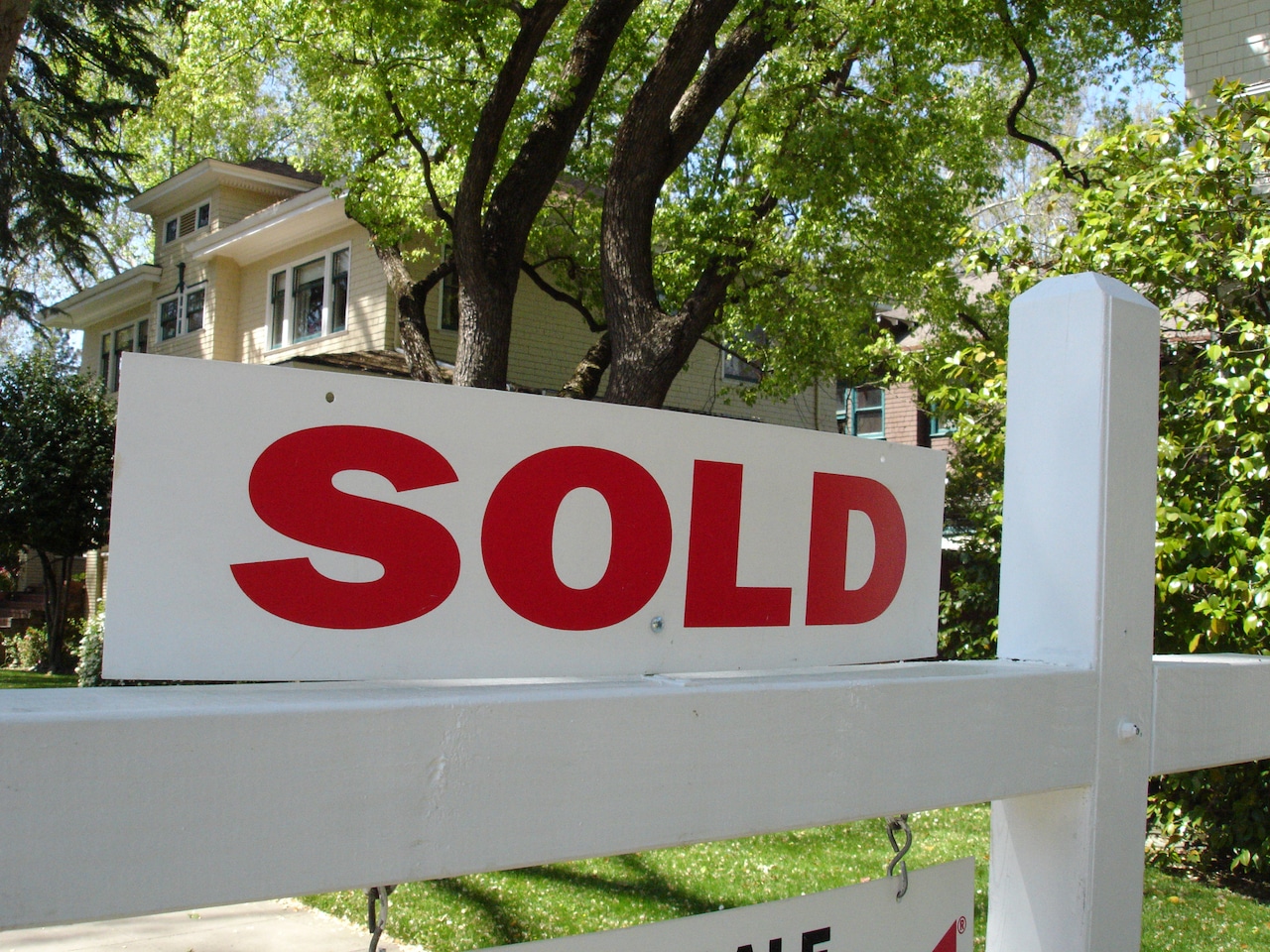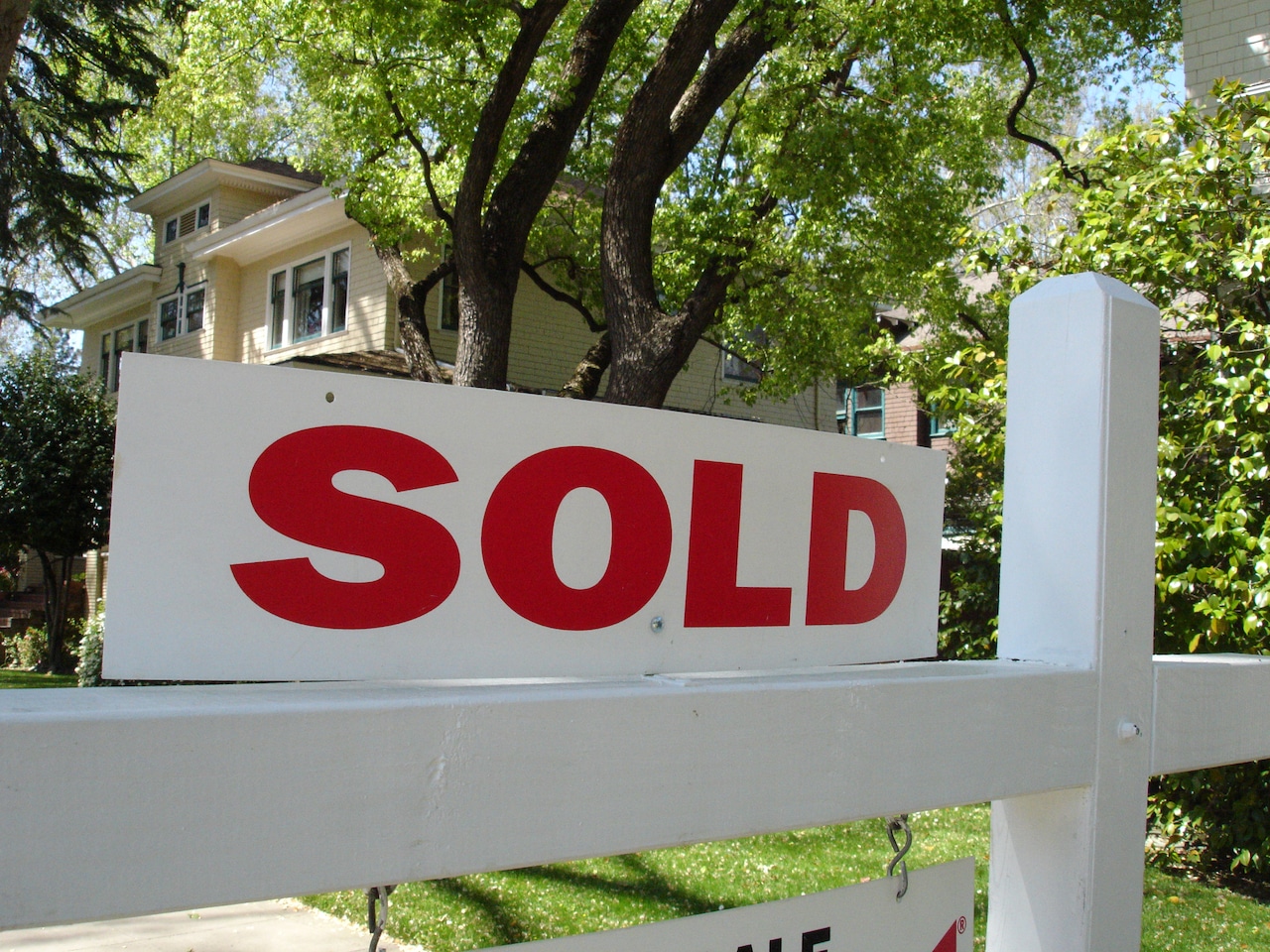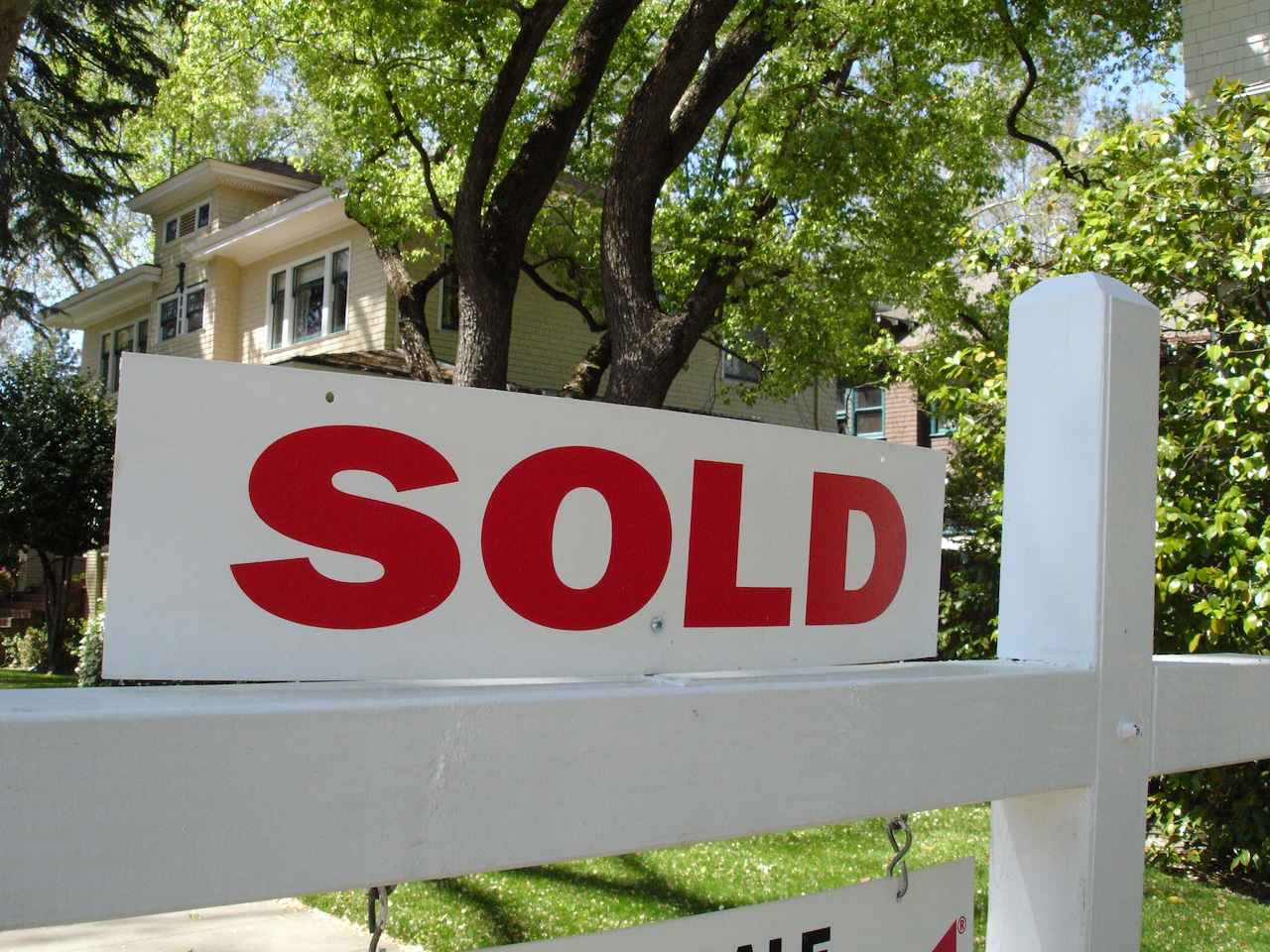O
n May 19, 2025, the commercial real estate capital markets may have marked a new era. RXR CEO and Chairman Scott Rechler signed a letter of intent to buy 590 Madison Avenue, a 1 million-square-foot office property in Midtown Manhattan, for $1.1 billion. This would be the first office sale in New York City to surpass $1 billion in nearly three years.
Rechler's decision may have been influenced by his contrarian instincts, which he expressed during Commercial Observer's New York State of Office Forum just days earlier. He stated that investing in office buildings now is an opportunity due to the "extraordinary value reset" in commercial real estate across the country. This sentiment has helped make careers and fortunes for many impactful investors in the field.
Charles Foschini, senior managing director at lender Berkadia, noted that being brave and smart is crucial in uncertain markets. He added that there's a lot of money available but it's shy about coming out. RXR's move may be seen as a contrarian play against traditional maxims like "buy and hold" and "wait until values recover."
Chad Carpenter, founder of Reven Capital, launched a $1 billion office REIT last year to purchase equity positions in distressed office properties. He credits his experience buying distressed notes and equity positions during the early 1990s real estate recession for forming an instinct to invest in uncertain times.
Carpenter praised RXR's decision to buy 590 Madison at what he called a significant discount to replacement cost, but noted that it will take strong rents for any conservative underwriting to meet investors' expectations. Criterion Real Estate Capital's Chuck Rosenzweig also expressed his contrarian side by trying to invest in good assets when capital is retreating from certain sectors and asset classes.
Sean Hehir, CEO of Trinity Investments, executed the largest hotel sale of 2025, disposing of the JW Marriott Phoenix Desert Ridge Resort & Spa for $865 million. His firm has invested in hotels with a collective 14,000 keys since 1998. Hehir emphasized that his company is not passive but active and operational, making real-time decisions to drive change and performance.
Investors in asset classes like industrial have been trying to weather an uncertain supply chain system beset by high interest rates and tariffs. Jason Sturman, president of Ambrose, a developer and investor in industrial and e-commerce assets, is submitting offers on several existing Class A industrial assets in the Western U.S.
Todd Henderson, real estate head for the Americas at DWS, noted that this is not a "buy the entire market" kind of market but rather a stock picker's moment. You have to be careful and diligent, but if you are, you'll find real value in certain places.
The current market uncertainty can be attributed to various factors, including soaring Treasury yields, trillion-dollar federal budget deficits, ad-hoc international trade agreements, and a persistently high cost of capital. The Federal Reserve's actions, such as the rate cut in September 2024, have also contributed to the volatility.
President Donald Trump's unilateral tariffs across hundreds of U.S. global trading partners on April 2 led to a stock market collapse and bond markets going haywire. This event, known as "Liberation Day," caused numerous commercial real estate deals to be put on hold.
Debt capital markets are relatively liquid, but concerns about the yield curve remain due to international tariff policy and national interest rate movements. The 10-year Treasury yield has surged past 4 percent since 2023, with spikes reaching beyond 4.7 percent in October 2023 and January 2025.
The forward curve of the 10-year is now expected to sit at 5.25 percent within five years, which may be too high for commercial real estate to bear. The U.S. debt currently stands at $36.2 trillion, with annual federal budget deficits averaging $2.1 trillion per year since 2020.
Investors are facing challenges in underwriting cap rates and borrowing costs due to the steep yield curve and increased cost of capital. The House of Representatives passed Trump's "Big Beautiful Bill" on May 22, which includes a $3 trillion tax cut and locks in annual deficits of $2.5 trillion until 2035.
Amidst the uncertainty, some investors remain optimistic about the resilience of the U.S. capital markets system. Others view the current moment with foreboding, taking a lot of risk by buying into the market.

